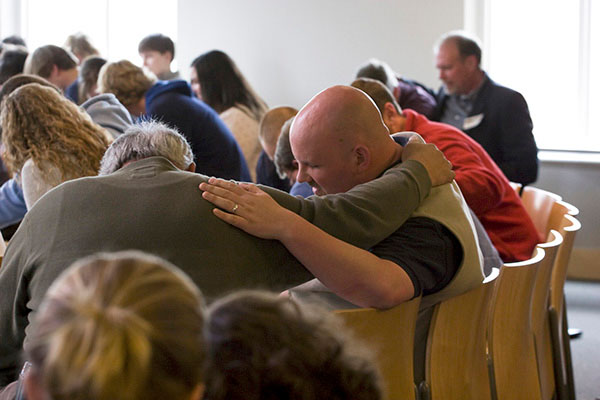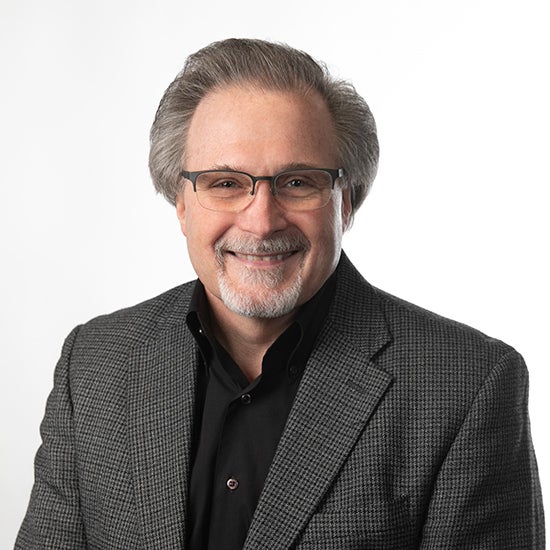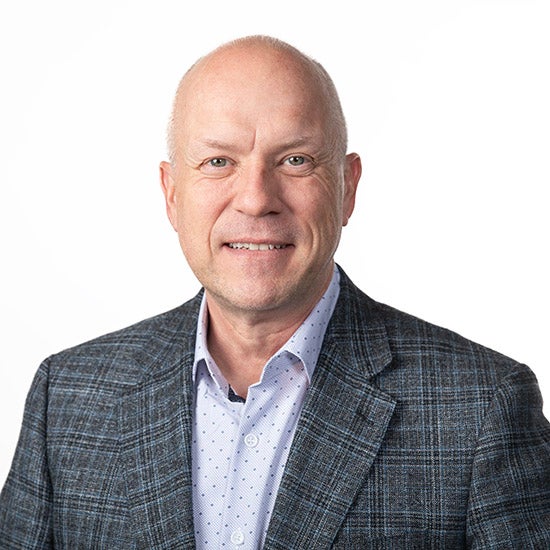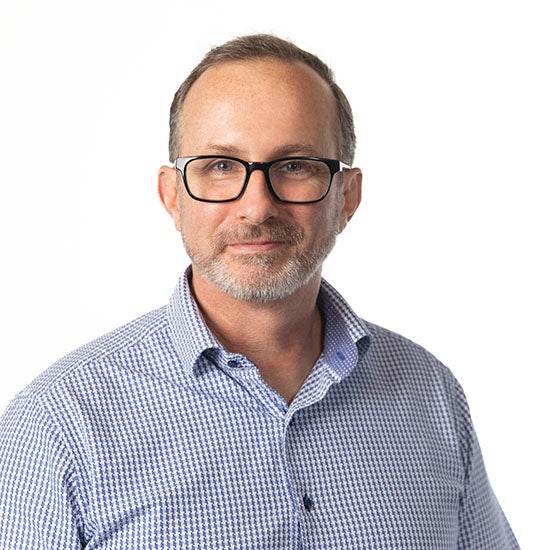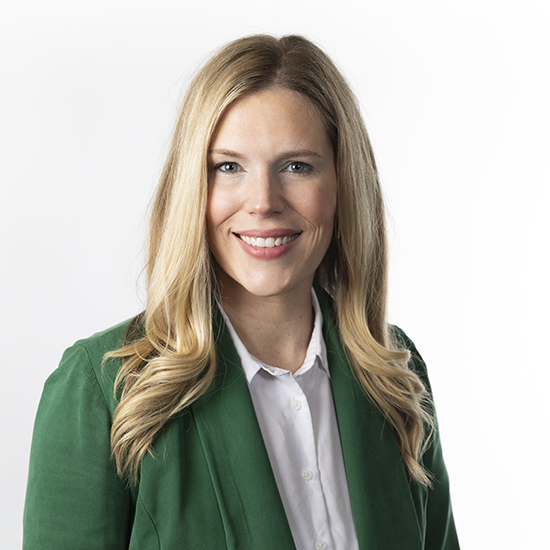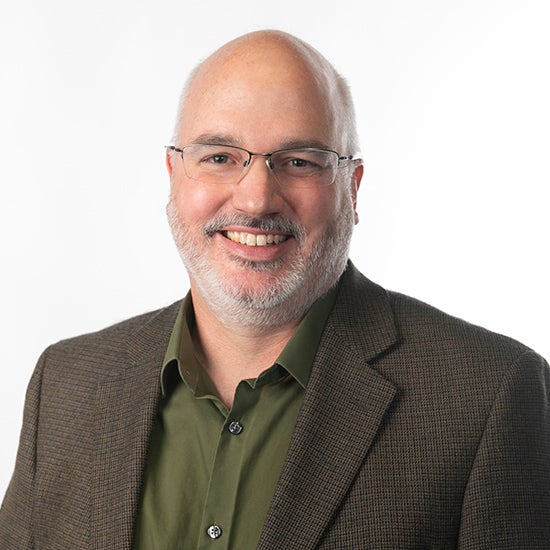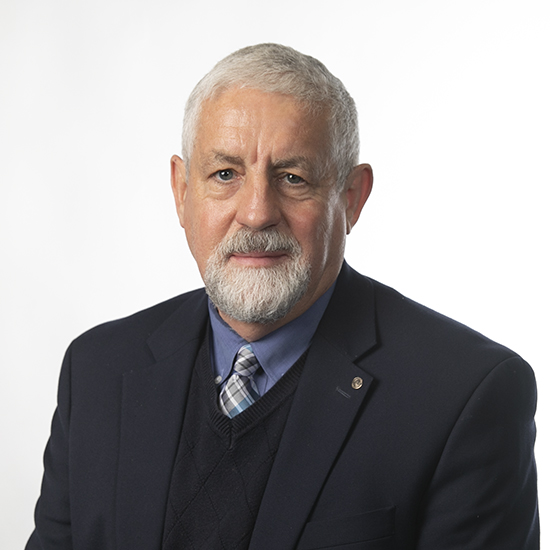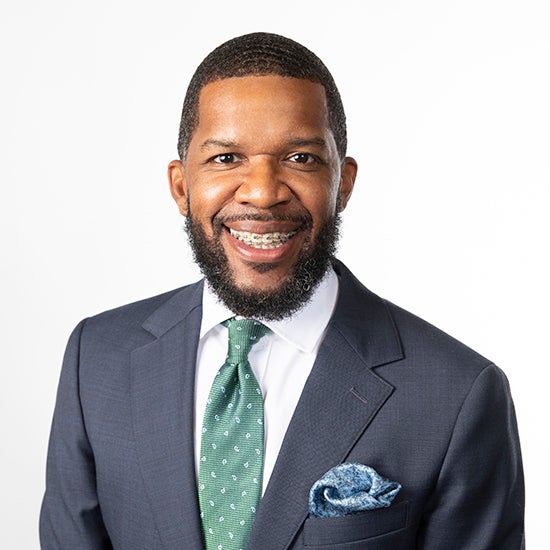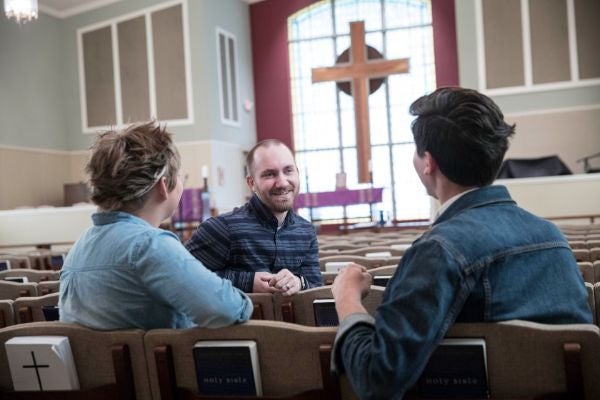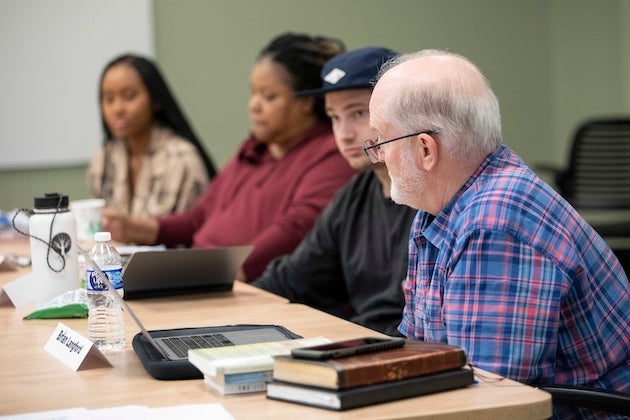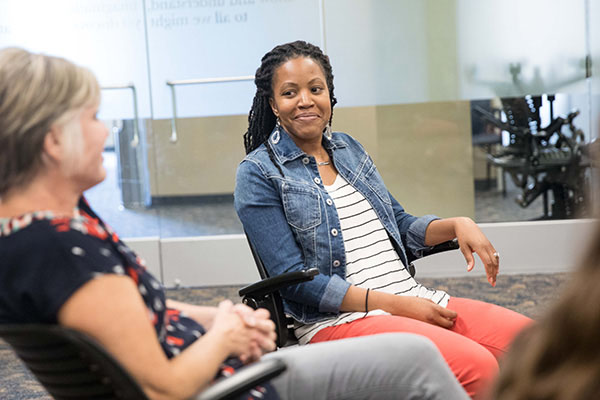Program Overview
A Doctor of Ministry degree expresses the culmination of your theological training. As a terminal degree in our field, the D.Min. is best understood as a professional doctorate for ministry practitioners. In our program we equip exemplary Christian leaders with deep formation and advanced competencies for thriving, biblically framed mission for a variety of contexts, especially congregational ministry.
You will experience a community of fellow practitioners from diverse backgrounds who together are thinking critically about the church and its future. Be challenged in your own formational journey as a leader of your community and contribute a meaningful resource to the world of the church through your original research focused on the practices of ministry.
Admissions Requirements
Our courses are offered in week residency formats each Fall and Spring semester combined with online engagement to offer accessible doctoral education within your busy schedule. This hybrid format allows you the best of going to school as a working professional.
- Application with $50 nonrefundable application fee
- Three letters of recommendation: one from a college or university administrator or professor, one from a professional supervisor/employer and one from a church leader or minister
- Official transcripts emailed to gradadmissions [at] lipscomb.edu (gradadmissions[at]lipscomb[dot]edu) or mailed to Graduate Admissions (One University Park Dr., Nashville, TN 37204)
- The Hazelip School of Theology normally recognizes a bachelor's degree in ministry and an accredited Master of Divinity degree as the usual prerequisites for admission to the Doctor of Ministry program. Students with different academic backgrounds may qualify for admission with an accredited master’s degree related to one’s ministry and calling, provided they demonstrate abilities to thoughtfully interpret scripture, reflect theologically on the practice of ministry, and understand and adapt one’s ministry to the cultural context.
- Undergraduate and graduate GPA of at least 3.0
- 750-1,000-word essay discussing the applicant's religious heritage, calling, career goals and how Hazelip School of Theology might contribute to the achievement of those pursuits
- Writing sample that illustrates appropriate writing skills (e.g. academic paper or a recently published article)
- Ministry Documentation
- Written endorsement of the applicant's admission to the D.Min. program from his or her church or para-church organization
Fall 2025 cohort applications have closed. Fall 2026 applications will be opened in early Fall.
International Students
International students are required to be proficient in written and oral English before enrolling. A score on the Test of English as a Foreign Language (TOEFL) of approximately 570 on the paper-based test, or 80 on the iBT, or an IELTS exam with an overall band score of 6.5 is the minimum accepted for admittance. For more information, see International Students admissions policy.
Tuition & Aid
Our current tuition rate is set at $346* per credit hour for our D.Min. Program. The program requires 13 hours in the first year, 19 hours in the second year and four hours in the third year. Tuition covers the cost of breakfasts and lunches during each residency as well as room and board for the weekend retreats. The $1,000 travel course is NOT included in the price of tuition (DMIN 7423). Lipscomb also offers interest-free monthly payment plans depending on the length of each semester.
*Note: The graduate tuition rates may increase annually, effective each summer semester.
Our Faculty
Career Paths
Directors, religious activities and education
Plan, direct, or coordinate programs designed to promote the religious education or activities of a denominational group. May provide counseling and guidance relative to marital, health, financial, and religious problems.
Clergy
Conduct religious worship and perform other spiritual functions associated with beliefs and practices of religious faith or denomination. Provide spiritual and moral guidance and assistance to members.
Postsecondary Teachers
Postsecondary teachers instruct students in a wide variety of academic and technical subjects beyond the high school level. They may also conduct research and publish scholarly papers and books.
